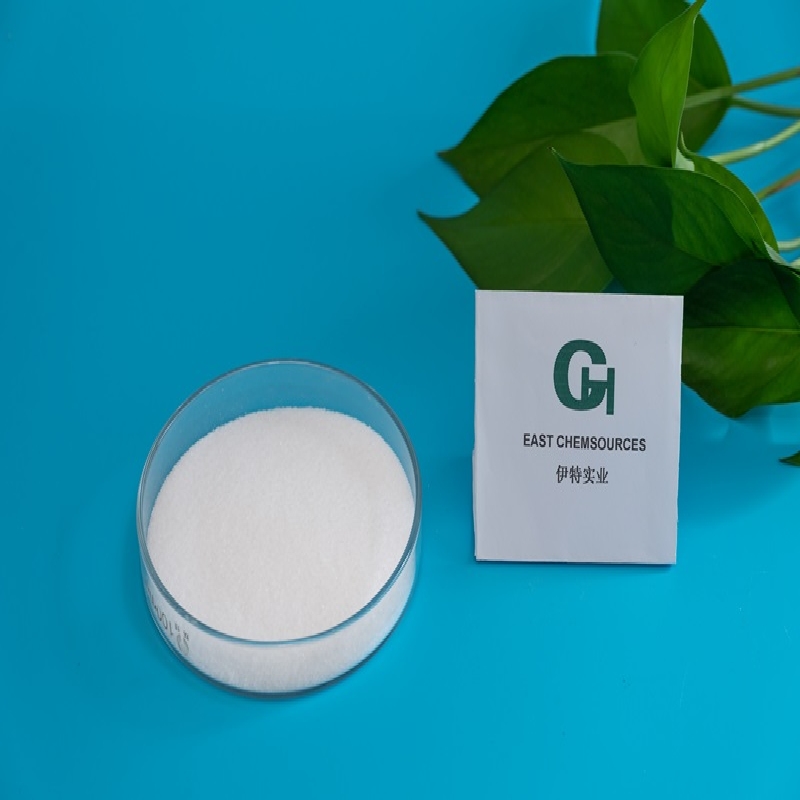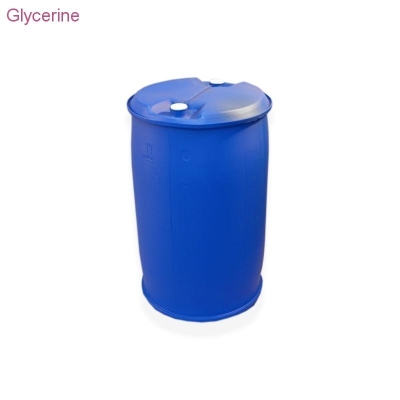-
Categories
-
Pharmaceutical Intermediates
-
Active Pharmaceutical Ingredients
-
Food Additives
- Industrial Coatings
- Agrochemicals
- Dyes and Pigments
- Surfactant
- Flavors and Fragrances
- Chemical Reagents
- Catalyst and Auxiliary
- Natural Products
- Inorganic Chemistry
-
Organic Chemistry
-
Biochemical Engineering
- Analytical Chemistry
- Cosmetic Ingredient
-
Pharmaceutical Intermediates
Promotion
ECHEMI Mall
Wholesale
Weekly Price
Exhibition
News
-
Trade Service
Fecal bacteria transplantation, also known as intestinal bacteria transplantation and fecal transplantation, refers to the transplantation of the flora in healthy human feces into the gastrointestinal tract of patients with irritable bowel syndrome (IBS) through endoscopic intestinal tube implantation (TET), nasogastric feeding tube, enema, fecal bacteria capsules, etc.
, so as to rebuild the intestinal flora
.
Recently, a study published in Gastroenterology followed 125 IBS patients who underwent fecal bacterial transplantation for up to 3 years, mainly observing the long-term efficacy and adverse events
of fecal bacterial transplantation.
About this study
01
Research background
Fecal bacteria transplantation is a promising treatment for IBS, but its long-term efficacy and adverse events are unknown
.
What's new
The study applied a safe fecal bacteria transplantation protocol to patients with IBS with high efficiency and long-lasting
results.
The study also identified 10 bacteria
associated with IBS symptoms and fatigue.
The study investigated only the intestinal bacterial content of the specified selection and did not include the amorphous IBS (IBS-U) subtype
.
This is a successful IBS fecal bacteria transplant protocol and identifies bacteria
that may play a role.
This will facilitate the clinical application of fecal bacteria transplantation, and can also use the identified bacteria as probiotics
.
The background of the study and the long-term efficacy and possible adverse events of targeted
fecal bacteria transplantation (FMT) for IBS are unclear
.
Patients in previous clinical trials were followed for 3 years to clarify the above questions
.
A total of 125 patients (104 women and 21 men) were included in the study methods
: 38 patients in the placebo group, 42 patients in the 30g fecal transplant group, and 45 patients
in the 60g fecal transplant group.
Feces are administered to the duodenum
.
Stool samples from patients were collected and 5 questionnaires
were completed at baseline, 2 and 3 years after FMT.
The 16S rRNA gene polymerase chain reaction (PCR) DNA amplification/probe hybridization method was used to cover the V3~V9 segment to analyze the fecal bacterial and dysbacteriosis index
.
The results showed that
the response rates in the placebo group, 30g group and 60g group were 26.
3%, 69.
1% and 77.
8% 2 years after FMT treatment, respectively.
The response rates in each group at 3 years after FMT treatment were 27.
0%, 64.
9% and 71.
8%,
respectively.
Response rates were significantly higher in the 30g and 60g groups than in the placebo group
.
Fig.
1 The remission rate (A) and complete remission rate (B)ns of each group after FMT treatment were not significant; *P < 0.
05;**P < 0.
01;***P < 0.
001;****P < 0.
0001
At 2 and 3 years after FMT treatment, patients in the 30g and 60g groups experienced significantly fewer IBS symptoms and fatigue and had a higher
quality of life.
Fig.
2 IBS-SSS(A), Birmingham IBS Symptom Questionnaire (B), FAS score (C), IBS-QOL(D) and SF-NDI(E) TOTAL SCORES OF IBS-SSS, and irritable bowel syndrome severity system scores of each group after FMT treatment; FAS, Fatigue Rating Scale; IBS-QOL, Quality of Life Scale for Irritable Bowel Syndrome; SF-NDI, short-term nylpine dyspepsia index ns, not significant; *P < 0.
05;**P < 0.
01;***P < 0.
001;****P < 0.
0001
After 2 and 3 years of FMT treatment, the dysbacteriosis index decreased
only in the active treatment group.
In patients in the 30g and 60g groups, fluorescence signals from 10 bacteria were found to be significantly associated
with IBS symptoms and fatigue after FMT.
Patients with IBS experienced mild adverse reactions such as abdominal pain, diarrhea and constipation within 2 days after receiving FMT treatment, and no other adverse events were reported
during long-term follow-up.
References: El-Salhy Magdy, Winkel Renate, Casen Christina et al.
Efficacy of Fecal Microbiota Transplantation for Patients With Irritable Bowel Syndrome at 3 Years After Transplantation.
[J] .
Gastroenterology, 2022, 163: 982-994.
e14.







